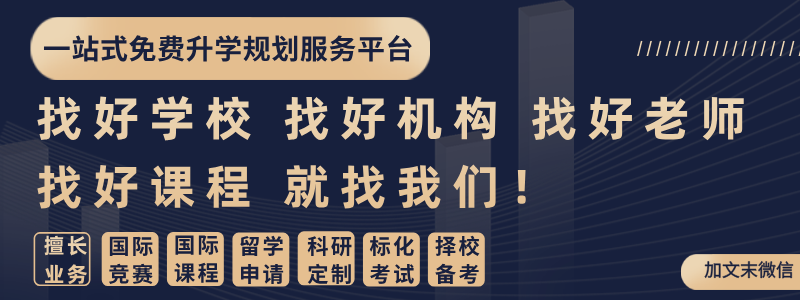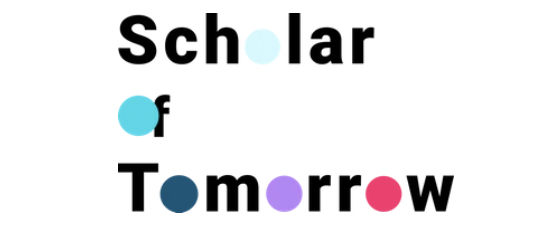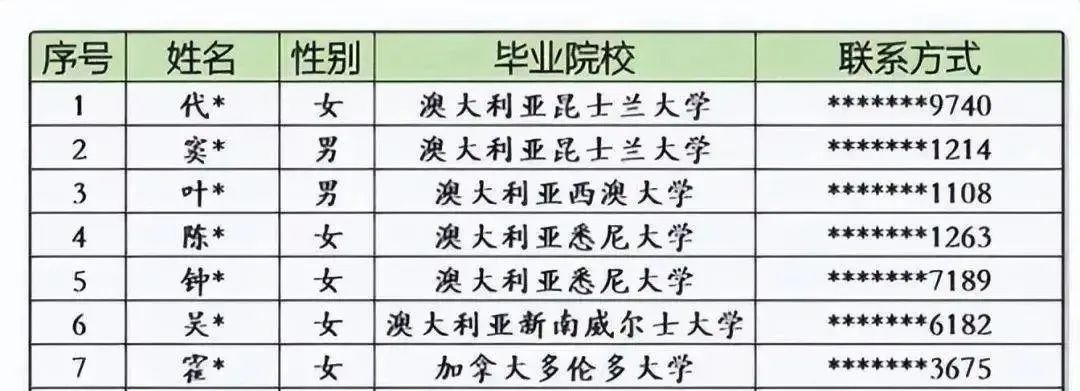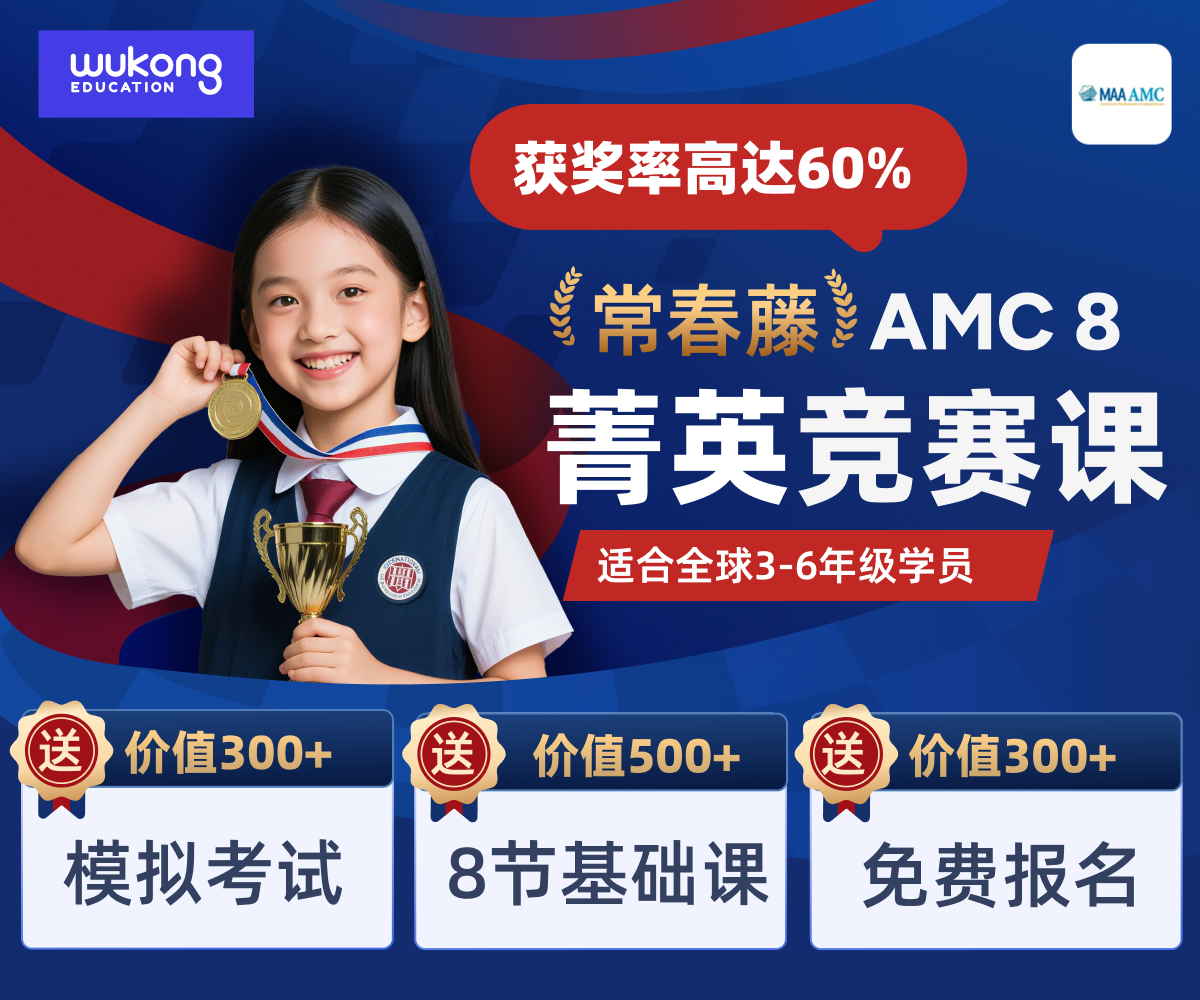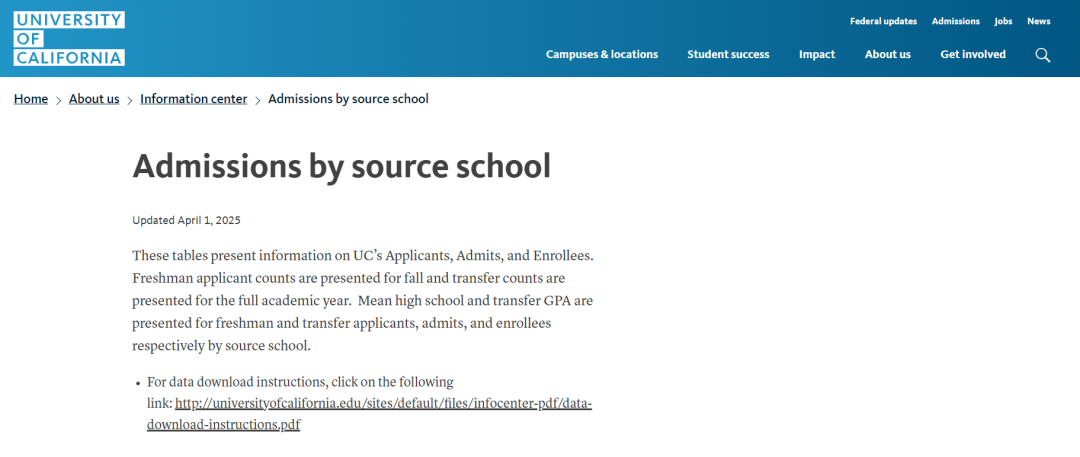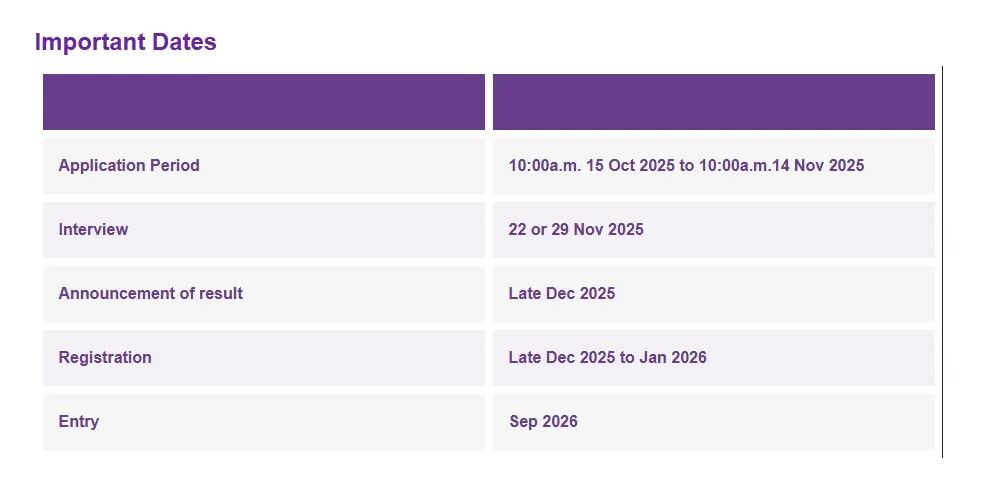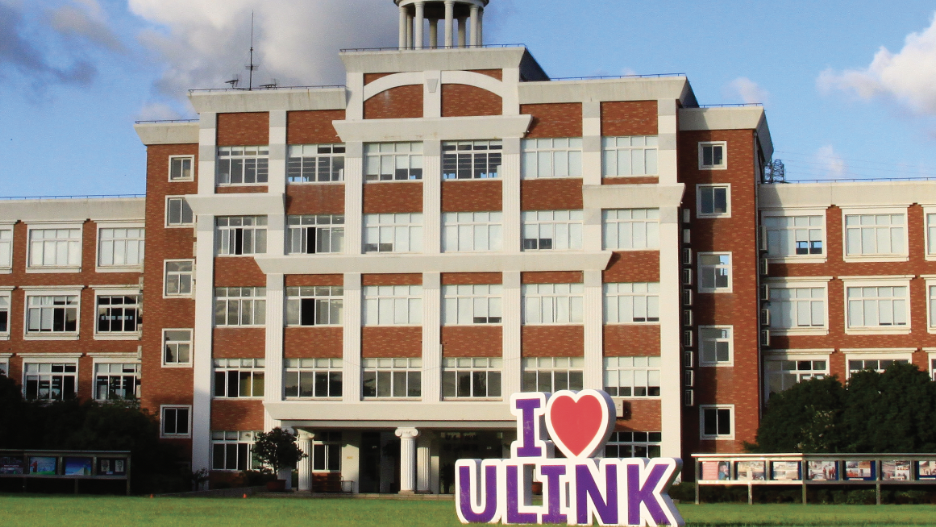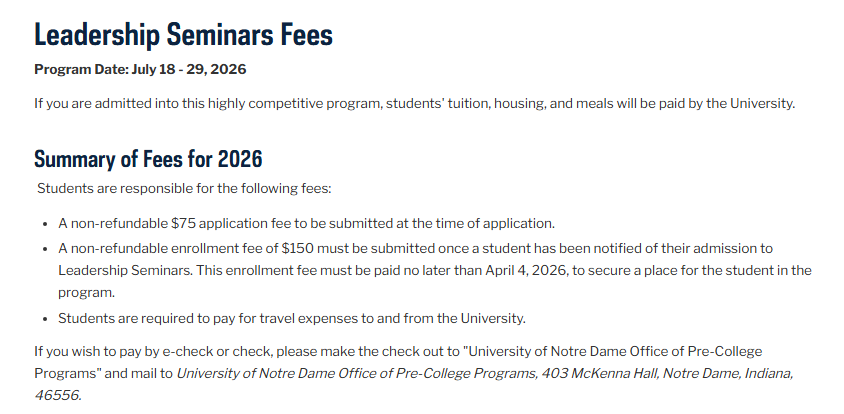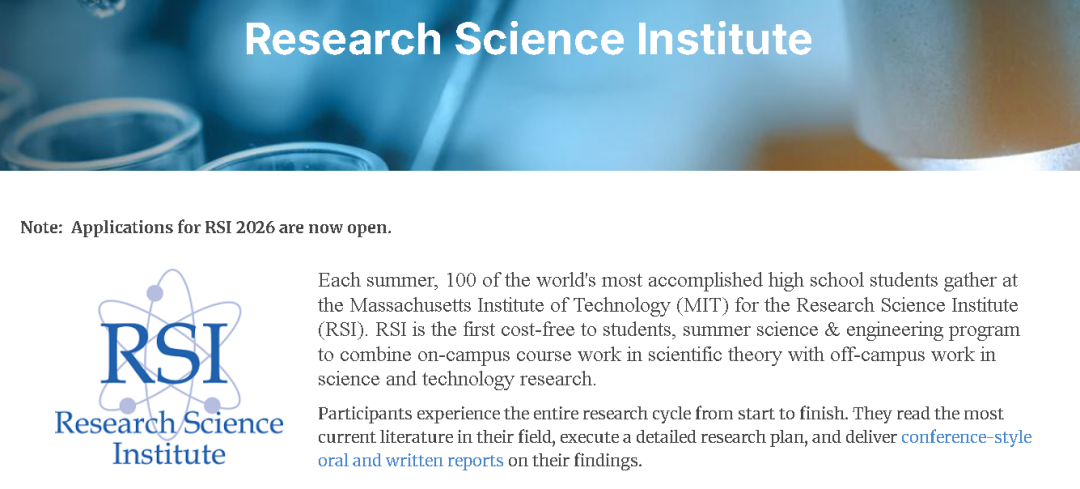下半年的申请节点悄然而至,许多同学都开始忙于准备文书。文书是申请过程中非常重要的材料,而想要写出好的文书却又不是那么容易的。许多同学甚至常常想破脑袋,也难以挤出文字。
在AI盛行的当下,甚至已经有同学开始尝试让ChatGPT帮助生成文书,它能够通过学习和理解人类的语言来进行对话,还能根据聊天的上下文进行互动。但是ChatGPT输出的内容中规中矩,不是特别细致。
ChatGPT只是人工智能,没有太多个性化的定制,能省去很多繁琐的思考过程,但对于写论文而言,它是一个辅助工具,不能完全代替人脑写作。而老师认为,好的文书除了流畅性外,需要有自己的“故事内容”,且要有逻辑性。这样“个性化”的细节内容,AI往往只能担任辅助作用。想必许多同学就要苦恼了。
其实,让招生官眼前一亮的申请文书怎么写呢?答案就藏在《纽约时报》发布的最佳录取文书里!
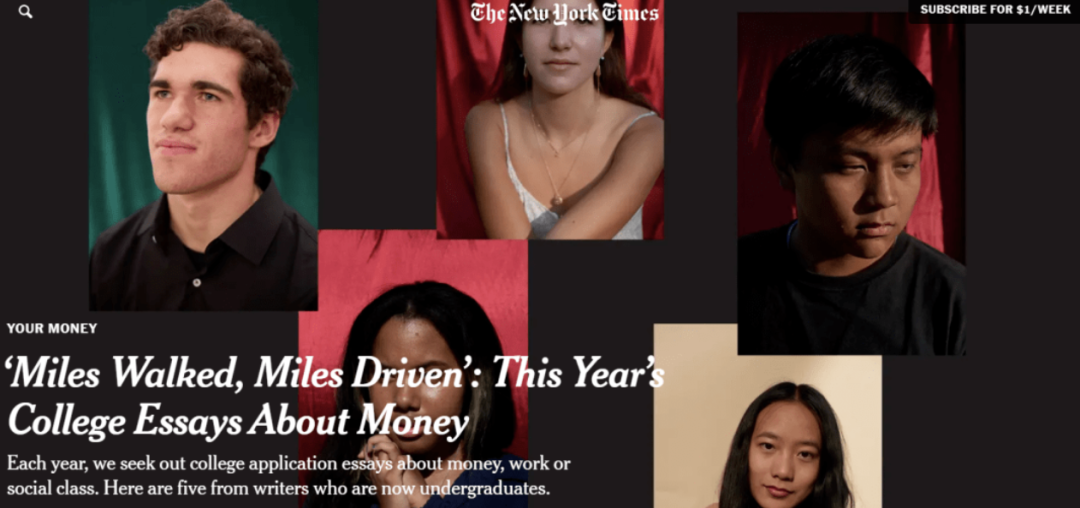
老师建议你赶紧收藏起来哦~"《纽约时报》每年都会邀请当年被录取的申请者分享自己的文书,且从中选出思想和故事俱佳的优秀文书进行刊登。
而被刊登的文书是从上百篇文书中精心挑选出来的,筛选团队基本是在教育和升学领域的专家,他们所挑选的文书具有一定的权威性。这些文书来自不同背景的学生,这些学生往往敢于在文书里突出个性,注重细节描写,这能够帮助我们构思自己的文书、开阔思路,对于即将进入申请季的准留学生而言极具参考价值。
"这些备受瞩目的文书,对于国内学生而言非常具有参考价值,主要因为以下5大特点:
1. 筛选团队大多是在教育、升学领域的资深专家,选出的文书具有一定权威度和普适性;
2.每年“最佳文书”仅有4-5篇,它们能从数百篇征集文书中脱颖而出,可见内容足够深刻和动人、表达足够流程;
3. 每年的最佳文书主题都是关于金钱、工作或社会阶层,在帮助同学们开阔思路的同时,启发同学们写出能激发招生官同理心的文书。
4.最佳文书的作者背景各样,适合不同阶段、不同层次的学生进行参考;
5. 美国学生在文书中常常会有比较多细节描写,善于表达个性化,敢于突出“我”的想法和声音,而这些都是中国学生的文书非常欠缺的。
Mom always told me that if my hands were smooth and unblemished nobody would be able to tell my age.
She wore rings and gloves to cover up the premature wrinkles from her time as a waitress in high school and the scars on her fingers from her first four years in America as a seamstress.
Try as she might, no amount of jewelry or hand cream could erase those markings. But I envied her imperfections: Mom’s weathered hands spoke volumes about her strength, selflessness and love.
Whenever my family gathered at the dinner table, I would steal glances at their hands. Each wrinkle and scar read like a chapter of a life well lived: a life full of purpose. When I looked at my smooth knuckles and babylike palms, I wondered when I would receive markings that told my story.
When Dad squeezed my hand as we crossed the street, I tried to place the sharp ridges and rock-hard calluses that dug into my soft skin. Did they come from summers in Montenegro, gripping the worn handle of the scythe to cut hay? Were they caused by heavy tiles nicking his palms during the kitchen renovations that paid for my babysitters?
During summers in Pljevlja in Montenegro, I would watch Grandma’s trembling hands as she kneaded each piece of burek. What initially seemed like splotches of flour were actually burn scars from 70 years of cooking. Perhaps they came from adding one too many coals to the furnace or accidentally lifting pots out of the oven with her bare hands.
Their hands symbolized their love and sacrifice for family. But my unblemished hands signified nothing in return, only evidence of wasting away their hard work. So I tried to gain markings the only way I knew how: mimicking my family’s defining actions.
I attempted Grandma’s burek, but my imitation’s flaky shell hardened each time I took it out of the oven. And my burns never felt purposeful, only documentation of my mediocrity.
I tried picking up a needle and thread like Mom. But even as my hands took the shape of hers, the needle pricks left me unsatisfied — it never came naturally like for Mom.
My hands began to read like a list of failed ventures — until I found volleyball. Volleyball seemed like a forbidden interest, so independent from family. But each purposeful movement left me satiated with fulfillment. I picked up the game quickly, and my parents were thrilled: Recruitment was my ticket into a top university. I even fractured my thumb while diving for the ball, the bone awkwardly jutting out as my own personal talisman of greater purpose.
But during high school, I was exposed to a plethora of other opportunities. I began spending Monday nights practicing cases for Mock Trial and dedicated weekends to taking photographs for my school’s Dynamo literary magazine. And though my hands remained unchanged, these passions, along with others, showed me sides of my identity that I didn’t know existed.
But with little time left for volleyball, I came to the decision to leave my club team. My crooked thumb became an ominous reminder of another failed pursuit.
My parents were furious. They perceived my new activities as unfocused distractions, leading me away from my ticket to college.
I soon understood that my parents’ anger did not stem from disappointment, but from unfamiliarity. Their only path forward was committing to their available roles, never pondering the existential questions I did: self-discovery in a sea of options.
Becoming “lost” for pursuing seemingly unconnected interests was not what they envisioned for me, but I realized that the best way to fully take advantage of my privileges was to explore all my curiosities. I stopped emulating the identities of my family and realized that my hands would eventually bear the weight of my pursuits.
More importantly, those markings and hands will be my own, not my mother’s or father’s.
作者:Katya Spajic
高中学校:Bronx High School of Science
这篇文书的切入点非常有趣——手。
每一双手承载着不同的生活故事,作者巧妙地通过每双“手”的伤痕透露出了自己的家庭背景,比如做裁缝养家的妈妈,来自黑山且需要干重活补贴家用的爸爸,为家庭做了一辈子饭的奶奶。简单的几句描写,就透露了她并不富裕的家庭背景。
每双手上的印记,其实都是生活阅历和对家庭付出的体现。而作者光滑的双手,恰恰说明她没有能像家人一样,有丰富的经历和自己独特的故事。
为了增加人生阅历,作者尝试模仿奶奶做饭、模仿妈妈做针线活、以及做更多的事情。而她的一次次的失败告诉我们,这些并不是属于她的人生道路。
当她找到自己对排球的热爱后,一切似乎出现了转机。她终于因为排球的伤痕拥有了自己的手部印记,她的家人认为她找到了方向,期待着她能够因为体育特长而被大学录取。
其实写到这里,已经是一个相对完整的故事了,但是作者在最后部分的升华成为这篇文书出彩的关键。
她并没有坐在排球的“功劳簿”上,而是遵从自己的内心继续进行不同领域的探索。这也是她和家人不同的地方,不是单独的一个角色,而是多面的自己。她终于能够找到自己独特的定位,去追求自己的人生。
这篇文章也为同学们的文书写作提供了很好的思路:不需要宏大的主题,或者多么与众不同的故事,从生活中最平实的细节入手,讲述“自己”的故事和心路历程,这就是最独特的,也是招生官最想看到的文书!
The room was stuffy, cramped and packed with teenagers. I was about to embark on a new adventure — my first job. I made sure I brought everything listed on the required materials list: Social Security card, passport, student ID, work permit.
As I waited for the human resources personnel to call my name, I gingerly opened my passport. A glance at the photo taken when I was 12 brought a big smile to my face: Chubby cheeks. Bowl cut hair. Forced smile. My jolly mood quickly faded when I read the expiration date: 03 Jan 2022. As I flipped through, each page was blank. My heart felt empty.
I tried to shake off the sadness dominating my thoughts. I should not have been bothered by my empty passport or its pending expiration date. But I was. It was a painful reminder that I had never left the country, not once in my entire life.
I remained quiet even as my mom repeatedly asked how my job orientation went. My replies were a mere yes or no. But when we got home, I held up my passport and finally dared to ask her. She looked at me and responded: “I’m sorry, but we can’t afford it. Airfares alone for a family of five would cost an arm and a leg.” Her quavering voice said it all. I walked away, empty. My passport was for “just in case,” not “when.”
When I spend time with Grandma, I am greeted by her cabinet full of cherished souvenirs. Some mark her 90 years on earth, others Grandpa’s travels as a merchant marine. Admiring the elephant tusk from India, brass plates from Morocco and hand-carved Last Supper wall hanging from Italy, I often wondered what it was like to travel the world just like Grandpa did.
Today, I catch myself looking back at those visits at Grandma’s and realizing I don’t need to leave my beloved city — Los Angeles — to experience the world. I satisfy my wanderlust by feasting on hearty, delicious global cuisines here in my neighborhood. Couscous from Morocco. Vindaloo from India. Gelato from Italy. Each is a small marker of my city’s diverse population and the perspectives and experiences surrounding me.
The first and last thing I see from my bed is my vast world map from Ikea, occupying almost an entire wall. This map has been my constant travel companion since I was little. Beginning with Dad’s stories about his business travels early in his career, this map has taken me to the countries he toured and locals he befriended from Belgium to South Korea to Indonesia.
Through Google Earth’s lens, I’m able to transport myself to any far-flung places without leaving the comfort of my bedroom. I have explored the Philippines, where my mother was born and raised. Her accounts of her upbringing fascinated me growing up, the tropical climate a drastic change from L.A.’s dry, sunny summers. When I showed her the schools she attended, the church where she and her family worshiped every Sunday, and the empty land where her house once stood, she was delighted. I was, too.
I don’t need to set foot in an airport to know every country, city and capital in the world. The knowledge I amassed, from the map in my bedroom to virtual tours, has taught me that not traveling outside my birth country will not define who I am. I pull what I can from my surroundings, whether wandering my neighborhood or following the virtual tour of the Louvre’s Petite Galerie exhibition of founding myths. And there are dozens of UNESCO sites still to see.
I am a globe-trotter. Travel costs may prove too great a financial strain for my parents, but my world map and ingenuity are free. So while my passport pages are empty, my limitless adventures are being vividly stamped in my mind forever.
作者:Griffin Ayson
高中学校:Van Nuys High School
在很多中国学生的眼里,这篇文书或许完全称不上“了不起”:一名普通学生,渴望了解世界,但是因为经济原因被困在原地;没什么了不起的成就;文书用词比较质朴。
但我们仔细思考就不难发现:平淡才真实,而真实才是真正能打动人的地方!
首先,文书所凸显的作者的形象是,一名求而不得、躁动、不甘又无奈的少年。“求而不得”其实是很多青少年都有过的经历,这个形象既生动又立得住。
其次,作者善用“平凡”的词汇将情感高效率地传达给读者,并让人印象深刻。
以上是《纽约时报》分享的两篇优秀例文。感兴趣的同学们可以多阅读和分析《纽约时报》筛选出的优秀文书。从这些优秀文书中,我们可以得出,文书需要足够真情实感,有观察有深度,体现真实的自己。对于招生官而言,华丽的笔锋并不比朴实的叙述更动人。只有足够真实才是引发共鸣的必杀技。这样才能足以打动招生官!


